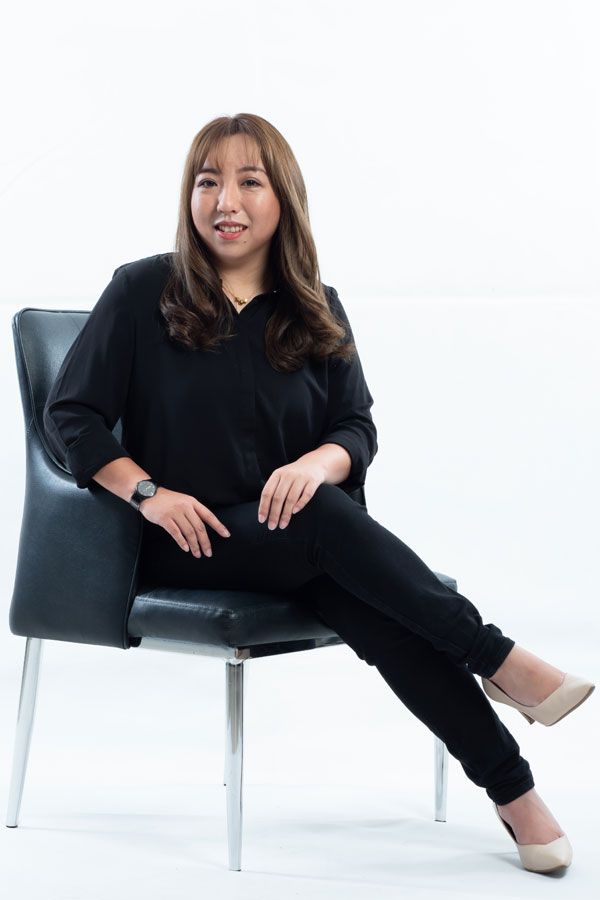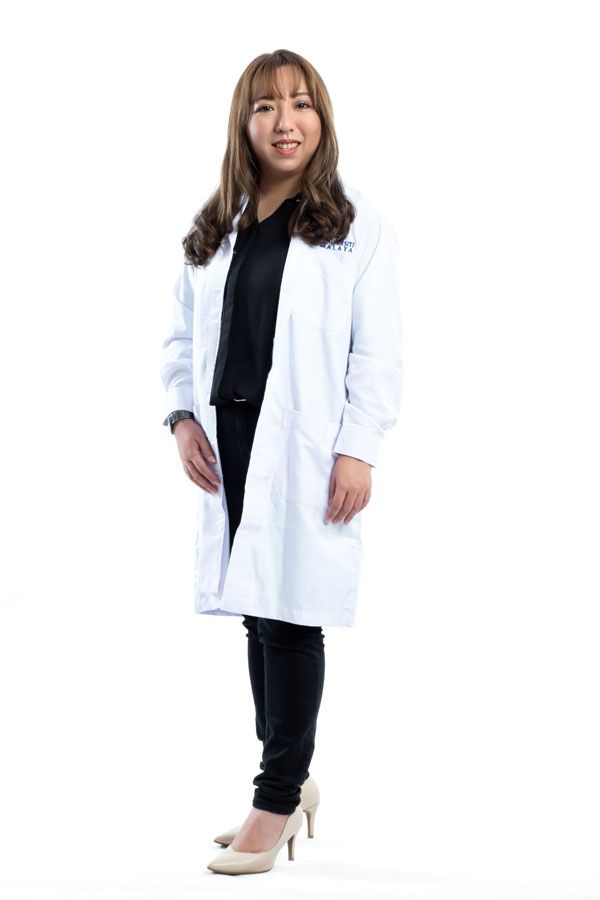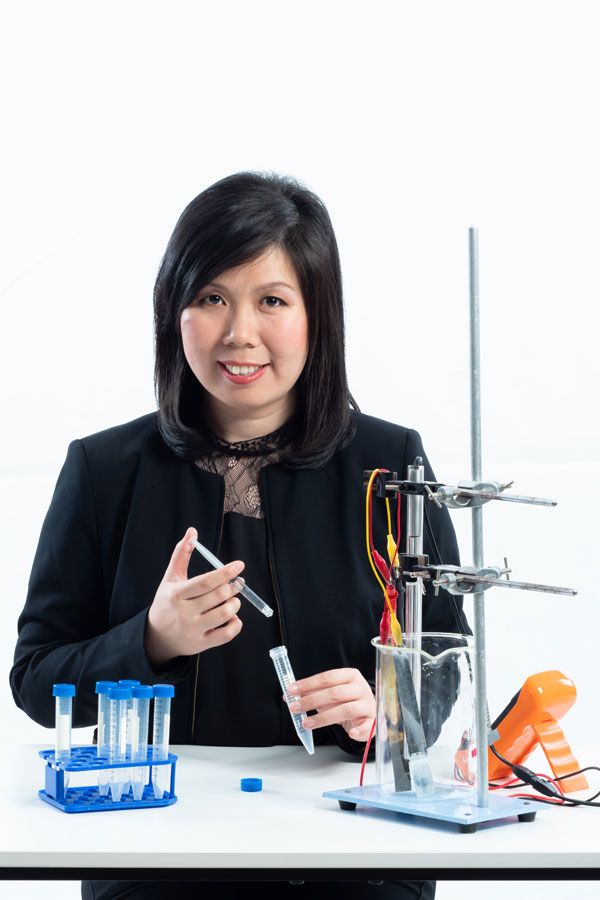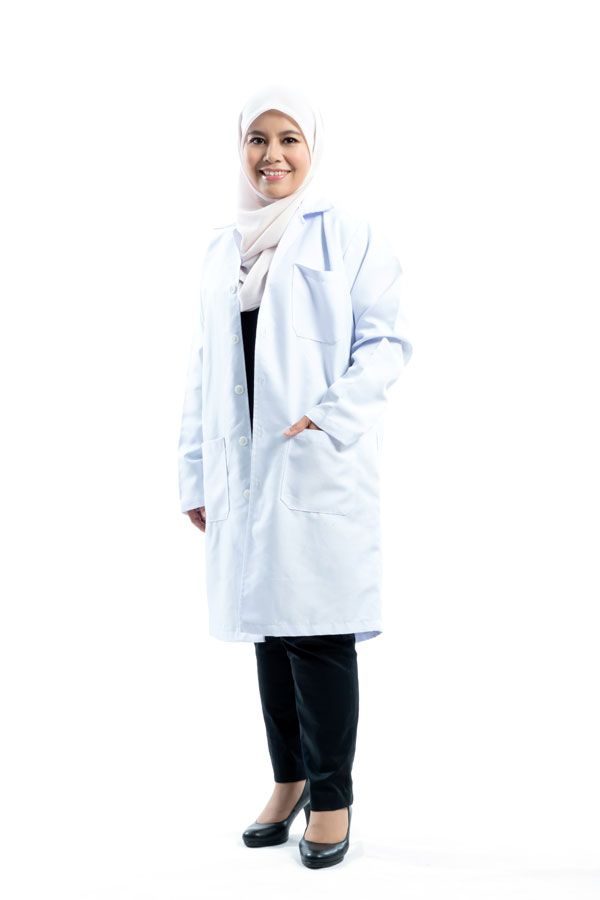
Dr Chai Lay Ching
A simple, rather accidental observation about the distinct scent of the Campylobacter bacteria led Dr Chai on a 4-year journey that could very well change how we shop for raw meats today. An estimated 9 out of 10 raw chickens in Malaysian markets actually test positive for Salmonella or Campylobacter jejuni, pathogenic bacteria forms that have caused more than 150,000 deaths each year.
A senior lecturer at University of Malaya’s Institute of Biological Sciences, Dr Chai has made it her mission to develop a device that identifies harmful bacteria in food via specific scents.
“Different types of bacteria produce different smells, if your nose is sensitive enough, you can differentiate it." says Dr Chai. “I knew there had to be a detection method we could use based off smell. With the development of biosensors or ‘electro-noses’, we can get results in real time, whereas regular testing can take up to 2 weeks just to show results.”
Be inspired: How these 10 female bosses shaping business in Malaysia





